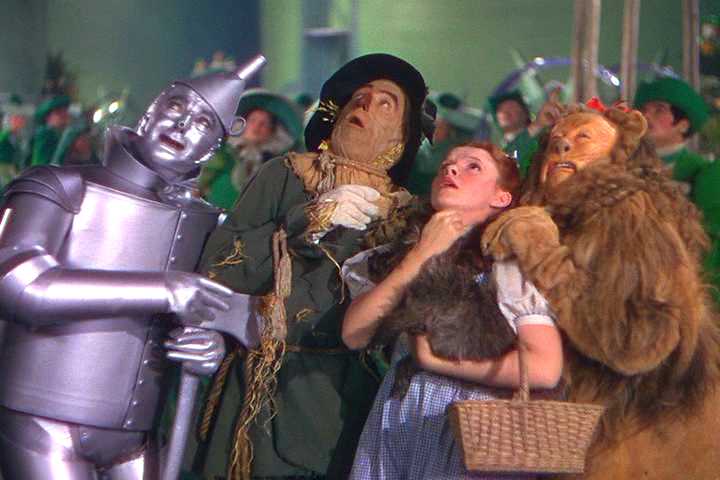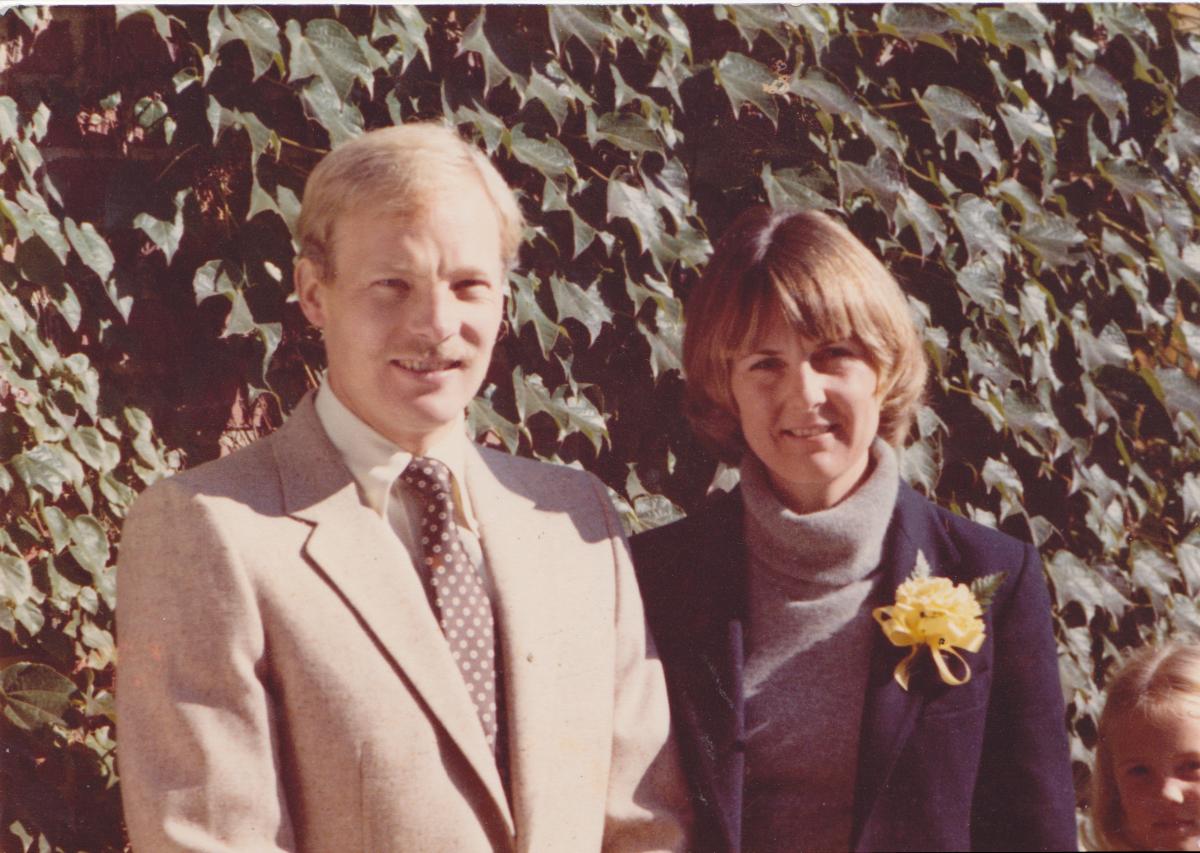Tag: leadership evaluation
Seven Essential Qualities of Leadership
“Well-behaved women seldom make history.” —Laurel Thatcher Ulrich In 1982, my dear friend Dr. Mark Edwards introduced a fair, impartial and objective tool to measure leadership effectiveness. He called it 360 feedback, which is now ubiquitous in organizations throughout the world. The idea is to give leaders the gift of multi-source feedback on critical leadership competencies so that they can understand more clearly how they are perceived by direct reports, peers, and more senior executives. Read More
Please, Help, Thank You
I am writing today to ask you to support the Matt Morgan Campaign for Michigan District 1. There are three reasons I’m supporting this campaign: Matt’s character, his commitment to the issues I feel strongly about, and his courage to act on his commitment. Character: The first question we should be asking about our leader is “What is the strength of their character?” It’s the foundation of any effective leader. In voting for a politician, Read More
Gauging Gurus
As Lao Tzu suggests, “when a person crowns himself as a guru, he is not.”
We should always be able to ask and answer: At what level are the people we entrust with power operating? In this post, I share my guide to evaluating leaders, gurus, and practitioners.
Selecting Coaches
Forty years ago, I wrote my doctoral dissertation on the selection of counselors for public high schools. I didn’t write it to create a career-defining, landmark study. I wrote it to check off a box for the completion of my doctoral degree in counseling psychology. Little did I know that the profession of coaching and counseling would explode in the next century. Now, practically everyone either has a coach or is a coach. The question Read More
Leadership Lexicon
Leaders sometimes wonder why no one is following them. In most cases, the reason is because the leader does not possess all three essentials of effective leadership: Character, Commitment, and Competence. Leaders must be honest and ethical at their core, or people don’t follow. Leaders must also be committed to developing themselves and others. If people are not convinced of the leader’s commitment to their growth, they will not help the leader grow—and they will Read More
Free Will . . . or not
Copernicus destroyed the myth that we are central. Darwin destroyed the myth that we are special. Now, Crick and the neuroscientists want to destroy the myth that we are conscious. They suggest that all behaviors are simply manifestations of a conditioned brain – when the brain dies, we die. They posit that we operate simply out of habit. Essentially, they conclude that we are automatons with no free choice. Quite simply, our brain sends out Read More






